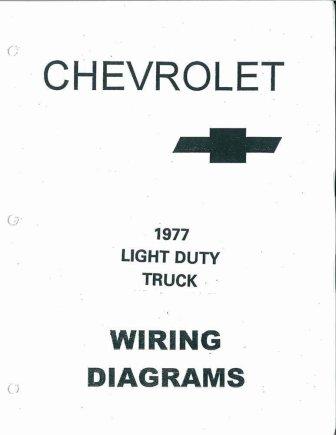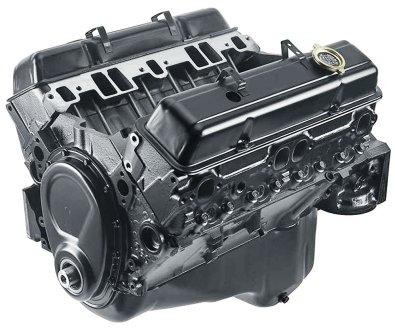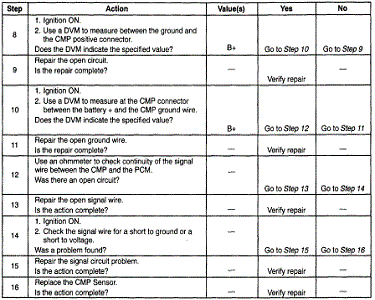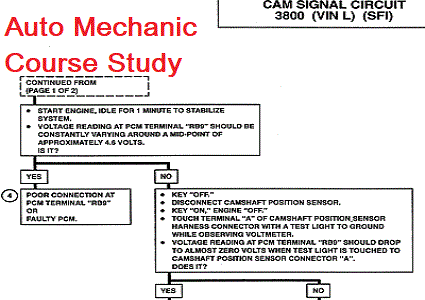Auto Mechanic Course Study

If you think you’re interested in an auto repair related career you should review the auto mechanic course study topics prior to enrollment. Here we’ll dive into some of the major areas of automotive technology covered in auto technician training programs. Find out if learning about this kind of stuff interests you. With the amount of information to absorb in such a short period of time, you truly must have an interest in the subject material to launch a successful career.
From the outside looking in, a career as an auto mechanic seems quite appealing. However, there are some downsides associated with turning wrenches professionally. As a retired certified master technician I get a lot of questions about my chosen career path. Although I’m satisfied with the decisions I’ve made, we all know that hindsight is 20/20. Here on the blog we’ve tried to answer a lot of the questions I’ve fielded over the years for those seeking a position in a retail or dealership automotive service center. I think the question I hear most remains how much do auto mechanics make a year. Nevertheless, let’s find out if the material interests you before you spend $30,000 to take a two-year comprehensive training course.
Automotive Electrical Course Study

Although all the automotive systems work together in harmony, the automotive electrical system becomes one of the most important. Automotive electrical courses can become quite intense. In fact, learning about Ohm’s law and other basic electrical theories includes a lot of math and formulas. Mastering these skills remains necessary when seeking a successful career in automotive diagnosis. Technicians that understand how the circuits work and what the electrical symbols look like become capable of diagnosing complex problems quickly.
These skills remain in short supply and in high demand. Technicians that embrace learning the math and the formulas behind the theories become the most successful. Therefore, dealerships and service centers consider these elite mechanics the most valuable employees in the recruitment process. The sad part is that some hoping for an automotive career chose the industry because they wanted to have some fun with cars. They wanted to get away from math and theory study forced on them in high school. I can tell you from first-hand experience I struggled with automotive electrical course study.
However, after realizing that calculating a voltage drop and measuring high resistance in a circuit can help you fix cars I decided to embrace it. After spending some extra time in this area of study I started to realize something else. Retail auto repair centers dispatched challenging diagnostic work to technicians with exceptional automotive electrical skills. In addition, these assignments utilize the brain more than brawn. In other words, you stay clean when diagnosing complex automotive electrical problems. And for the aging mechanic, like me, the work isn’t as physically difficult when compared to replacing cylinder heads or a turbocharger on a Cummings diesel engine.
Mechanical Engine Diagnosis and Repair

Many automotive instructors consider the mechanical engine diagnosis and repair course the meat and potatoes area of study. This combination of hands on and theory type training focuses on completely understanding past, present and future engine designs. In these courses heavy emphasis applies to diagnosing and repairing internal engine problems. Courses in the subject area focus on engine disassembly, inspection and replacement of individual components.
Although replacement of an engine isn’t the most common repair found at the auto repair shop level, understanding how to do so becomes absolutely necessary. In addition, many service centers opt for replacing the engine with a reassembled short block or long block assembly. This is when someone else rebuilds the engine for them. With that said, top-notch automotive technicians understand how to rebuild an engine themselves.
Mechanical engine diagnosis and repair courses include hands-on replacement of cylinder heads, camshafts and timing chains. These courses also cover the bottom end that includes the crankshaft, connecting rods and pistons. Although mechanics don’t often take apart an engine, skilled automotive technicians are prepared to do so when needed. The fun part about this section of study remains a combination of theory and hands-on experience of tearing down an actual automotive engine on a roll around stand.
Engine Performance Auto Mechanic Course Study

The engine performance category of auto mechanic course study includes some of the most common complaints from drivers. As an example, check engine light problems, poor fuel economy and automobiles that just don’t run right all fall under the category of engine performance diagnosis. This area of expertise relies heavily on the automotive electrical course study mentioned in the first section. It also requires a strong knowledge of how the engine works described in the second section.
Technicians become successful in this area by learning about ignition systems, fuel delivery systems and emission systems diagnosis and repair. Automotive instructors will also spend a lot of time teaching about the on board diagnostic system. We call this OBD II. Car makers deployed OBD II on vehicles starting in 1996 through the present day. Mastering the ins and outs of this computer controlled automotive system remains absolutely necessary.
Learning how the electronic control module or ECM manages engine performance by controlling outputs and actuators becomes a lot of fun for some. Understanding how the ECM makes these decisions by receiving data from input sensors interests inquiring minds. For me, the engine performance auto mechanic course study became the most important. This training ties together the other areas of automotive technology and applies them to real-world situations. Solving complex engine performance problems guarantees job security and can provide a comfortable way of life for a family.


